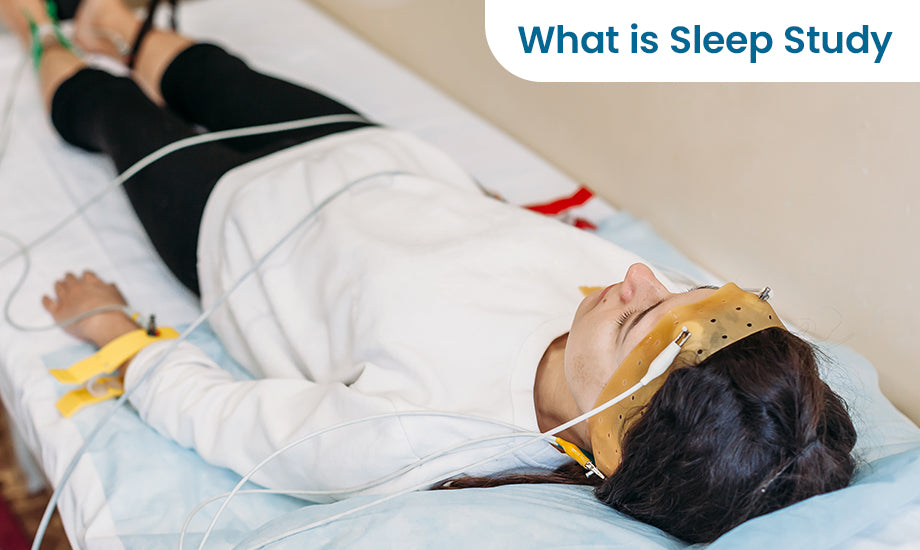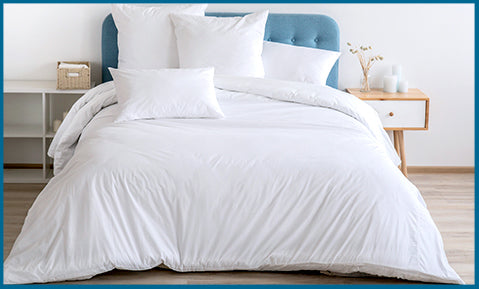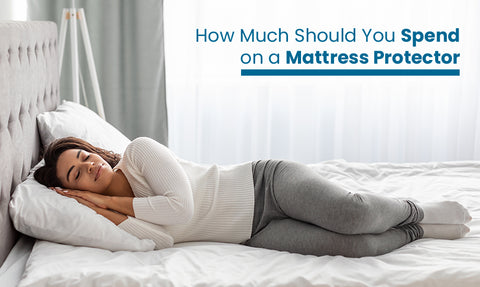
A consistent restful night sleep is important for both proper physical health and mental functioning. We all know that we sleep for nearly one third of our lives and the quality of our sleep affects the quality of the rest two thirds of our life. Sleeping disorders affect people irrespective of the age group, socioeconomic status or race. Lack of sleep not only negatively affects the quality of our lives but it also increases the risk of developing serious health problems like diabetes, heart diseases, depression etc. It also makes us prone to accidents.
Sleep disorders are issues which affects your sleep. These may include sleeping too much, having difficulty in falling asleep and irregular breathing when you sleep… The most common sleeping issues include
- Sleep apnea (condition when the patient stops breathing for a brief time during sleep)
- Insomnia (trouble falling or staying asleep)
- Narcolepsy (a neurologic condition causing extreme daytime sleepiness)
- Restless leg syndrome (a condition where there is a feeling of discomfort in legs or a strong feeling to move the legs while trying to sleep)
Let us have a look at the statistics to better understand the prevalence and effects of sleeping problems in our lives:
American Sleep Apnea Association reported that 50 million people out of a total of 70 million Americans suffer from sleep related problems. It not only affects the health but also takes a toll financially. In America, medical expenses due to sleeping problems cost around 16 billion dollars per year and the treatment for the various sleeping disorders per person costs from hundreds to thousands of dollars per person.
According to AASM (American Academy of Sleep Medicine), a study conducted in a group of nearly 2000 Americans found that 3 out of 10 people suffer from insomnia. Nearly 28% of the people included in this study said that insomnia negatively affected their daily routine. Also, the reports pointed towards worsening of sleep issues in nearly one third of people since COVID-19.
The good news is that if we are educated about sleeping problems we can opt for an early treatment of our sleep related issues.
Sleep study is the test that is employed in the diagnosis of the various sleeping disorders. Let us know a bit more regarding sleep study.
What is a sleep study?
Polysomnogram (PSG) or sleep study is a painless test that is used to measure and record the different functions of the body during sleep. The test helps the physician to diagnose sleeping problems. The sleep study monitors and/or records:
- heart rate
- oxygen level
- breathing patterns
- eye movements
- brain waves
- carbon dioxide levels
- sleep stages
- any movements of the body
- sleeping positions
- snoring or any other noises
Other ways to sleep study are:
- A daytime maintenance of wakefulness test
- Multiple sleep latency tests
- Activity monitors.
Why would you need sleep study?
study
- For diagnosing breathing disorders related to sleep
- Titration (change of the levels to have best clinical response) of BiPAP (bilevel positive airway pressure or CPAP (Continuous positive airway pressure). CPAP machines are used to introduce a steady pressurized air flow through the mouth and nose by the use of a mask when one is asleep. It helps to breathe normally. BiPAP machines pushes air into lungs by using pressure. The machine is connected to a mask that is worn over the mouth and nose. It is known as bilevel as there are two settings of air pressure
• During breathing in, the air pressure delivered by the machine is more
• During breathing out, the air pressure is reduced by the machine
- Patients with sleeping complaints together with neuromuscular disorders
- Evaluation of the patient before any surgery for Obstructive sleep apnea (OSA; a medical condition) or snoring
- Evaluation of patient after OSA surgery
- For evaluating any therapy given to the patient like PAP (positive airway pressure, positional therapy or any oral appliance
- As a follow, up if the response to the treatment is not adequate
- To optimize therapy in patients who gained or lost weight
- In patients suffering from congestive heart failure and having sleep related breathing disorders (SRBD)
- For diagnosing narcolepsy, nocturnal epilepsy, RBD (REM sleep behavior disorder), and PLMD (periodic limb movement disorder)
- Insomnia together with the presence of comorbid sleep disorder or after the treatment fails.
Sleep study is not required in the following cases:
- When the CPAP treatment is adequate
- Day time seizure disorders
- Parasomnias (excluding when RBD and nocturnal seizures are present)
- Restless leg syndrome
- Circadian rhythm disorders
- Insomnia when secondary causes like OSA is of low concern
- Bruxism (teeth grinding), sleep talking or nightmares
What are the preparations before sleep study?
Whether the overnight sleep study should be conducted at a center or at home is determined by the doctor. Sleep study when done at home is called sleep apnea study and can be used only to diagnose sleep apnea.
Preparations for sleep study is same whether done at home or at a clinic. These include:
- No napping during the day
- Avoiding alcohol and caffeine after afternoon of the day of test
- Not using hair gels, lotions or make up before the test.
- Bringing comfortable clothes to the sleep study center to wear at night
- One may also take their own pillow
- Inform the sleep specialist about all the medications one takes as few medicines can affect the study results.
What happens on arriving at the sleep Centre?
On arriving at the sleep study center at the mentioned time, you will be given a private room with an attached bathroom. The staff will make sure you are comfortable and relaxed. If you have any concerns regarding the test, you may discuss at this point. You may also inform the staff about any recent sleep changes that you have noticed or any other thing you forgot to mention before. You will be asked to change your clothes and prepare for sleep as you do when you are at home.
A healthcare staff will attach small metal discs (electrodes) to the various parts of your body; scalp, chin, chest, legs, around eyes. These small discs are connected via long wires to a computer and record your vital signs during sleep. You won’t have any problems to turn over as the wires are long enough. Flexible elastic belts will be wrapped around your abdomen and chest to measure the breathing. A clip will be attached to your finger which will monitor the oxygen level and heart rate. You won’t have any kind of pain with any of the device used.
After testing the devices if they are working as they are supposed to, you will be asked to do things you do before your bedtime like reading, watch TV etc. At your bedtime, lights will be turned off and you will be asked to sleep.
How is the sleep study done?
A specially trained polysomnography technologist will be awake in a room close by monitoring your sleep via computers and other equipment. During sleep you can change your sleeping positions. The wires will not interfere with your movements. A video camera (low light) may also be used to record the sleep so that unusual behavior and movements can be checked later. If during the test, breathing problem is noticed, the technologist may fit a mask on you that will ensure a steady flow of air. This is called PAP (positive airway pressure). If you need to visit the washroom, you have to call the technologist who will unplug your wires so that you can get up.
In the morning, you will be woken up and the electrodes would be removed. You may need to fill up a questionnaire regarding the sleep at night and you will be free to go home.
What are the risks of sleep study?
It is a completely safe procedure. However, there may be mild irritation of skin from the small metal discs (electrodes).
Can the guardian stay with a child during sleep study?
Yes. the guardian or parent can sleep on a separate bed
What do the results of the sleep study mean?
- Sleep efficiency: This is calculated on the basis of the total minutes one sleeps at night compared to the time that is spent on bed. A person has low sleep efficiency if he/she spends more time in bed without sleeping
- Apnea Hypopnea Index (AHI): It points to how many times sleep apnea happened at night. More than five episodes may probably mean that the person has sleep apnea
- Heart rate: The results will reveal if the heart rate is more or less than normal (normal heart rate- 60-100 beats/minute)
- Oxygen desaturation index (ODI): This indicates the number of times the oxygen level drops while one is sleeping. Less than 90% oxygen is abnormal
After the reports come, the doctor will review the results and plan any treatment, if required.
If you feel that you suffer from any sleep related problem, consult your doctor immediately, as they say “a stich in time saves nine”.












